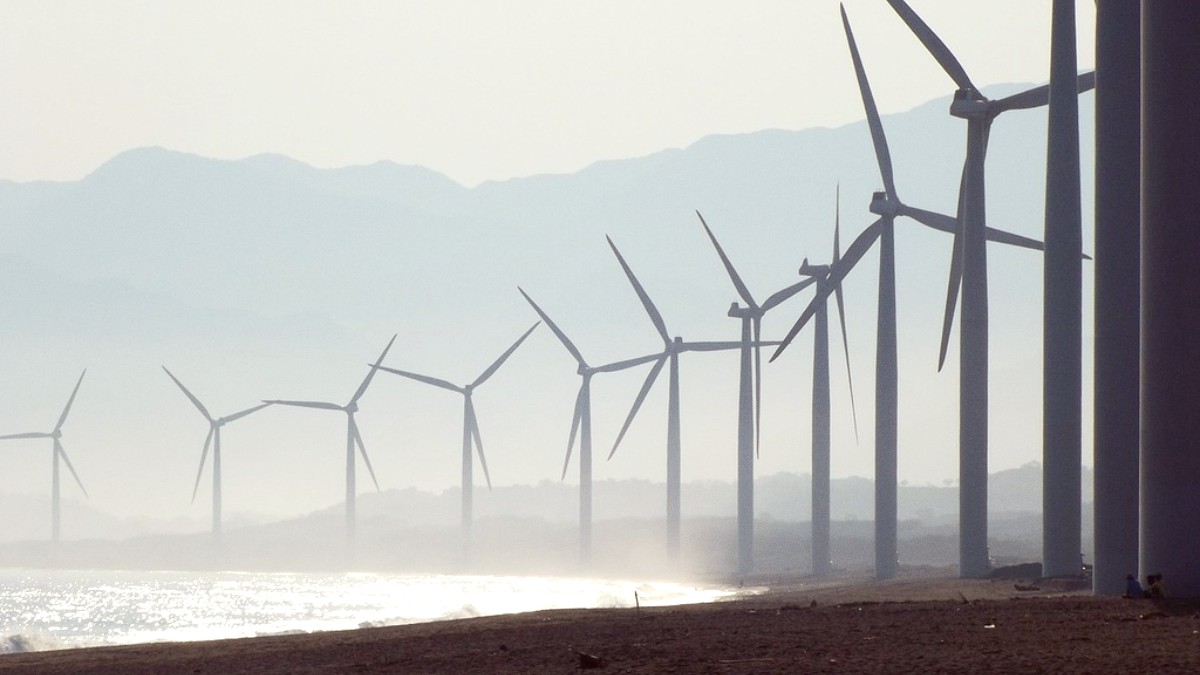
All foreign nationals, except citizens from CEMAC member states (Cameroon, Chad, Republic of Congo, Equatorial Guinea, Gabon), need a visa to enter. Visas are obtained beforehand from a CAR embassy or consulate abroad; visa on arrival is generally not an option. Processing times vary, so plan ahead.
Travel to specific regions, especially outside Bangui or areas with security issues, may need special permission from local authorities or tour operators. National parks, like Dzanga-Sangha, also call for specific permits from park management.
The Central African Republic offers tourist, business, and transit visas. Applications typically happen in person or by mail at an embassy or consulate. Some consulates might ask for an invitation letter.
Upon arrival at Bangui M'Poko International Airport (BGF), present your passport and visa to immigration. Officials may ask for your Yellow Fever vaccination certificate. Be ready for slow processing times.
Explore options for visa processing assistance.
IVisa.com - Consumer visa application service.
VisaHQ.com - Direct visa and passport service website.
Support for delayed or canceled flights.
AirHelp.com - Helps passengers receive up to €600 in compensation.
Compensation options are subject to specific terms and conditions.
Stay connected with local SIM options.
Airalo.com - Easy access to local networks.
Ensure your device is eSIM compatible before purchasing.
This period is generally hot and dry. Temperatures often surpass 30°C (86°F). Dust from Harmattan winds from the Sahara can reduce visibility, especially from December to February. Minimal rainfall makes outdoor activities and road conditions better.
High humidity marks this season, with frequent heavy rainfall and thunderstorms. These downpours are intense but rarely last all day. Temperatures are slightly lower, offering some relief, though humidity keeps it warm. Travel can be more challenging due to the weather.
November to May (Dry Season) offers better road access and outdoor activity conditions, especially for wildlife viewing.
Late May/early June and late October/early November see transition, with unpredictable road conditions as rains begin or end.
June to October (Wet Season) features heavy rainfall, making many unpaved roads impassable. Humidity is high, and localized flooding may occur.
December to March is ideal; animals gather near water sources, and tracking on drier forest floors is simpler.
November to April provides the most comfortable conditions for exploring, with better road access and less rain disruption.
The Central African Republic is not a budget destination. Security costs, limited infrastructure, and reliance on imported goods contribute to higher prices, especially for services for international visitors.
The Central African CFA franc (XAF) is the local currency, pegged to the Euro (€1 = 655.957 XAF). US Dollars (USD) and Euros (EUR) are the most easily exchanged. ATMs are scarce and unreliable. Credit card acceptance is very limited. Carry sufficient cash in XAF for daily needs and USD or EUR for larger payments. Exchange money at reputable hotels or exchange offices in Bangui.
Tipping is not customary but is greatly appreciated for good service. Small gratuities in local currency for guides, drivers, and hotel staff are appropriate. A few thousand XAF per day is a general guide for guides and drivers. Restaurants typically do not expect tips unless they cater to tourists, where a small amount is a kind gesture.
Extensive health and safety preparations are important. The Central African Republic is a high-risk destination due to ongoing armed conflict, crime rates, and fragile infrastructure.
The Central African Republic is a destination with complex security dynamics. Due to ongoing armed conflict, widespread banditry, and high crime rates, travelers should exercise extreme caution and undertake extensive security planning. The situation can change rapidly, and vigilance is paramount.
Avoid drawing attention with expensive jewelry or openly displaying electronics.
Be aware of your surroundings at all times, especially in crowded areas.
Trust and follow the advice of reputable local guides and tour operators.
Prioritize your health and well-being with thorough medical preparations.
Consult a travel health clinic far in advance for all necessary vaccinations and malaria prophylaxis. Carry a well-stocked first aid kit with medications for common ailments, including anti-diarrhea treatments and pain relievers.
Hydration with safe water and careful food choices are also important. Healthcare access is very basic, especially outside the capital, making self-sufficiency in minor medical needs a good idea.
Always carry your Yellow Fever certificate.
For all journeys, especially airport transfers, pre-arrange private transport through trusted contacts.
Avoid walking or traveling by vehicle after dark due to heightened security risks.
Land travel into or out of CAR is very dangerous and strongly advised against for foreign travelers.
Armed conflict and banditry are present across various regions, specifically outside Bangui. Travel in these areas without extensive security measures is extremely hazardous.
Always check the latest travel advisories from your government's foreign ministry or department before and during your trip. Consular assistance options are typically very limited in CAR.
Regularly consult your home country's official travel advice for CAR.
Maintain contact with your hotel, tour operator, or trusted local security contacts.
Prepare a personal emergency plan, including evacuation routes if needed.